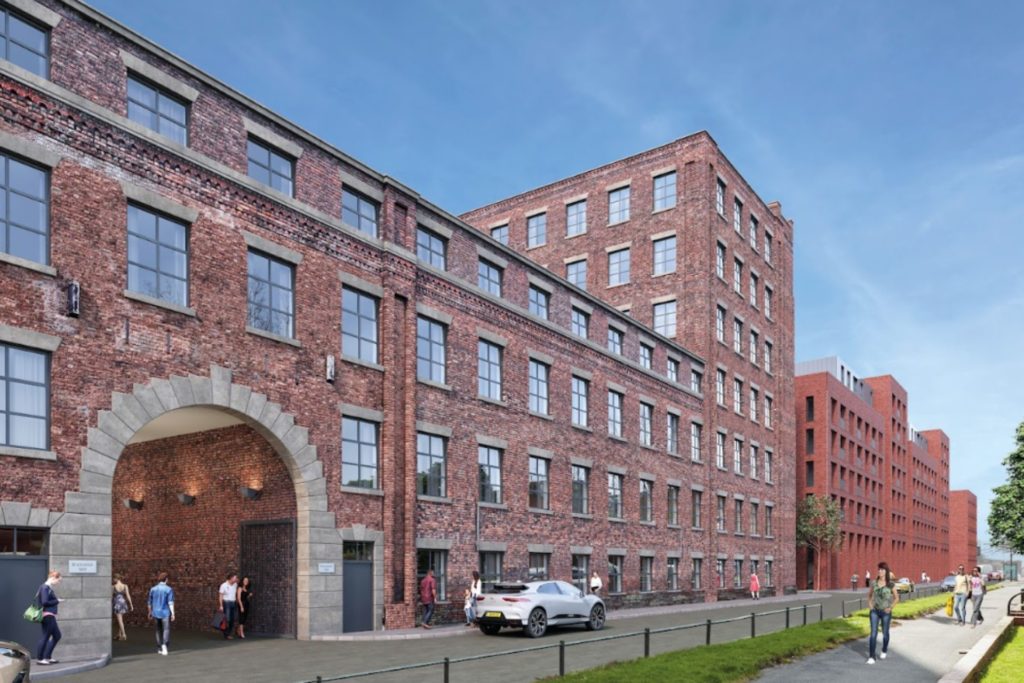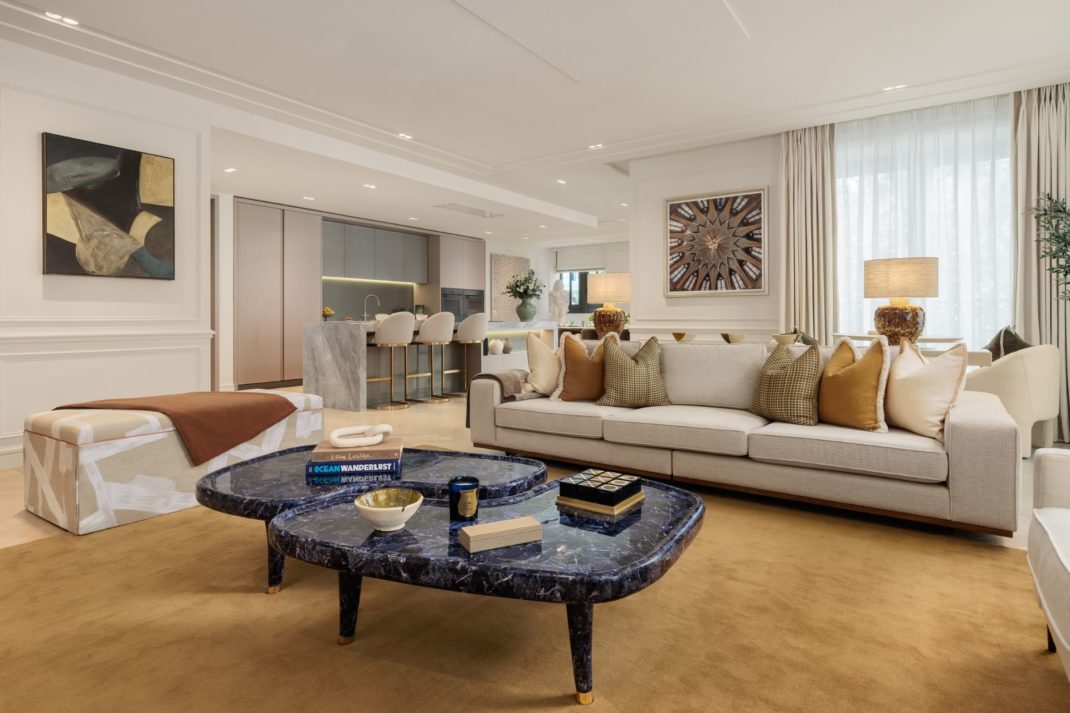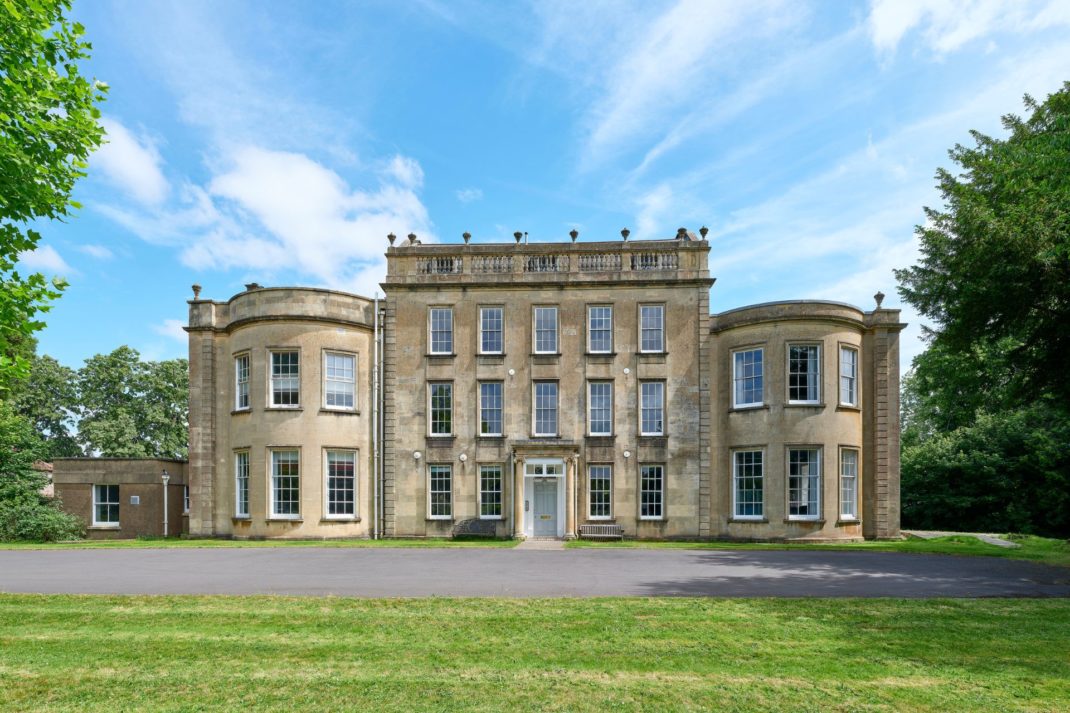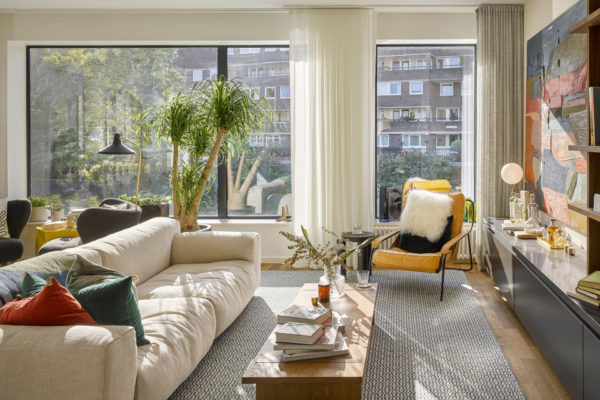Angel Of The North: Inside Manchester’s Luxury Property Market
By
1 year ago
Think you'd never stray from London? Think again...
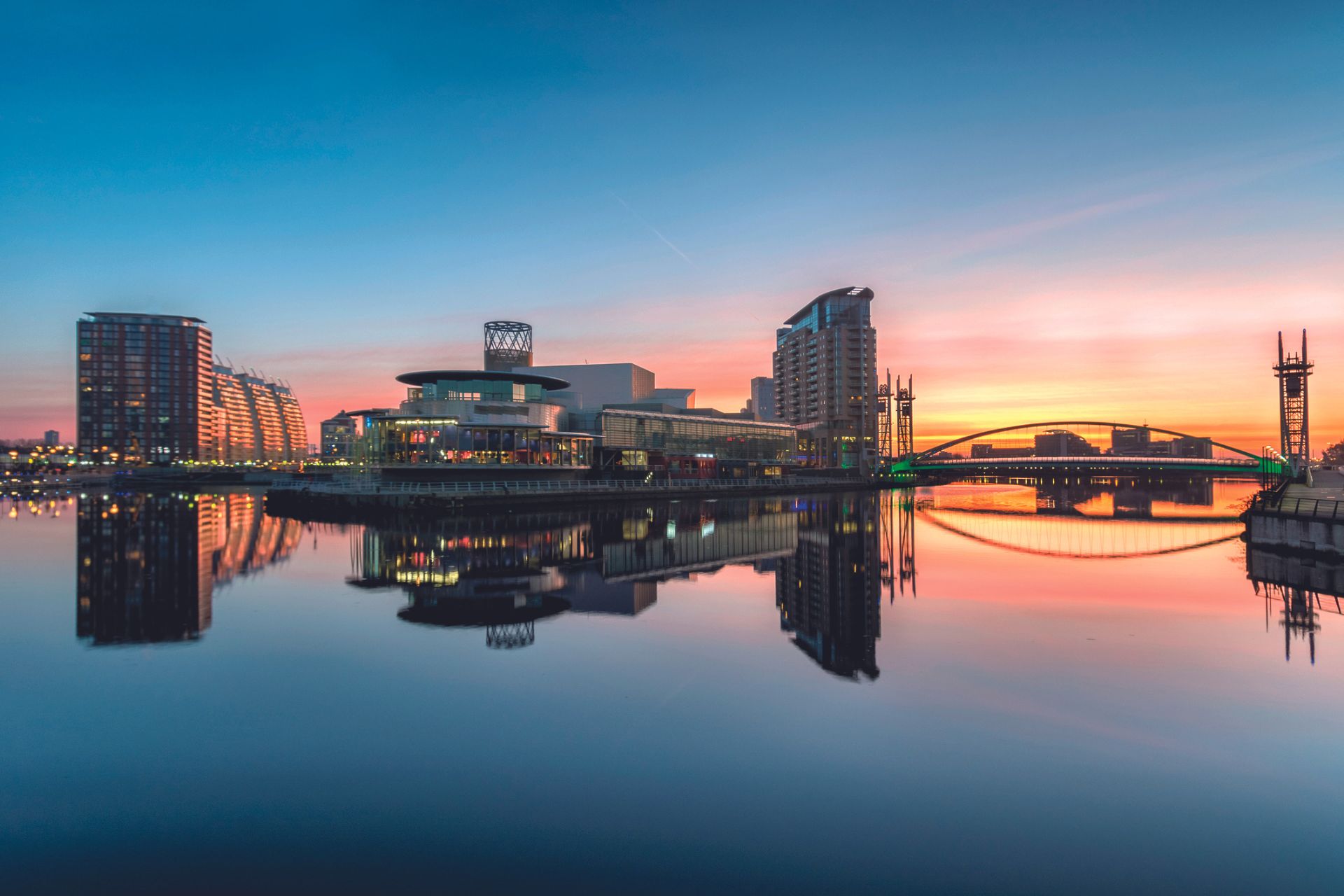
Looking for a high-end home outside the boundaries of the capital? Anna Tyzack turns her prime property eye to Manchester.
Everything You Need To Know About Prime Property In Manchester
With its expanding population, imposing skyline and vibrant art and music scenes, it’s tempting to compare Manchester to London – but Mancunians won’t have it. Those that live and work in the UK’s second city covet its distinct identity and have no desire for it to become another London.
‘It’s becoming a better version of itself, not a clone of the capital,’ maintains Baljit Arora of estate agency Orlando Reid, who grew up in Manchester before spending 12 years living in London. ‘Manchester is a young, hip and wealthy city with a huge amount of regeneration and a pledge to become zero carbon by 2038 – 12 years ahead of the government’s 2050 target.’
Yet even Baljit, who moved back to Manchester a few years ago to launch Orlando Reid Manchester, concedes that it feels a lot more like London than it used to. Where once there were textile mills, Manchester’s centre is now populated by shiny residential skyscrapers inhabited by a new generation of young professionals working for companies such as Google, KPMG and Siemens. The centre is divided into distinct districts, some chic and sophisticated, others hip and edgy, and it shares many of London’s luxury brands from restaurants such as Sexy Fish and Chotto Matte to gyms including Barry’s Bootcamp and F45 Training and shops such as Harvey Nichols and Emporio Armani. It’s even, as of this summer, getting a Soho House. In a YouGov poll for Times Radio, more than half of those who wanted Britain to have a new capital backed Manchester.
But Manchester will never be London, Baljit insists, and neither its inhabitants nor the developers regenerating the city want it to be. As the epicentre of the cotton trade during the Industrial Revolution, it’s cut from a different cloth, a hotchpotch of canals, Victorian warehouses and Art Deco shopping centres and hotels. It doesn’t have the green open spaces of London, but the Pennines and Peak District are within easy reach and over the past 30 years the city’s two-square-mile centre has been scrubbed up beyond recognition, with redundant warehouses and wharfs transformed into cutting-edge offices, restaurants and shops, and the construction of new apartment buildings.
‘When I was growing up, the city centre was empty land and car parks – no one lived there,’ Baljit says. ‘Now we’ve got a huge number of residential developments with gyms, spas, primary schools and new parks, which has drawn a successful, young population into the centre. We can walk everywhere, the air is cleaner than it is in London and the cost of living is lower.’
Those that live and work in Manchester do not believe it’s a step down or compromise – quite the opposite. Culturally, the city has never looked to London; Oasis, The Stone Roses, acid house and rave all started out in Manchester and its music and arts scene lives on, along with its sporting prowess: Manchester City and Manchester United, two of Britain’s most successful football clubs, are based in the city. It’s also outpaced almost all other UK cities in terms of economic growth over the past decade and offers a wealth of employment opportunities at companies such as Microsoft, Amazon and Adidas, Magic Circle law firms and management consultancies including PwC. No wonder, then, that 51 percent of all students in the city choose to remain there once they’ve graduated.
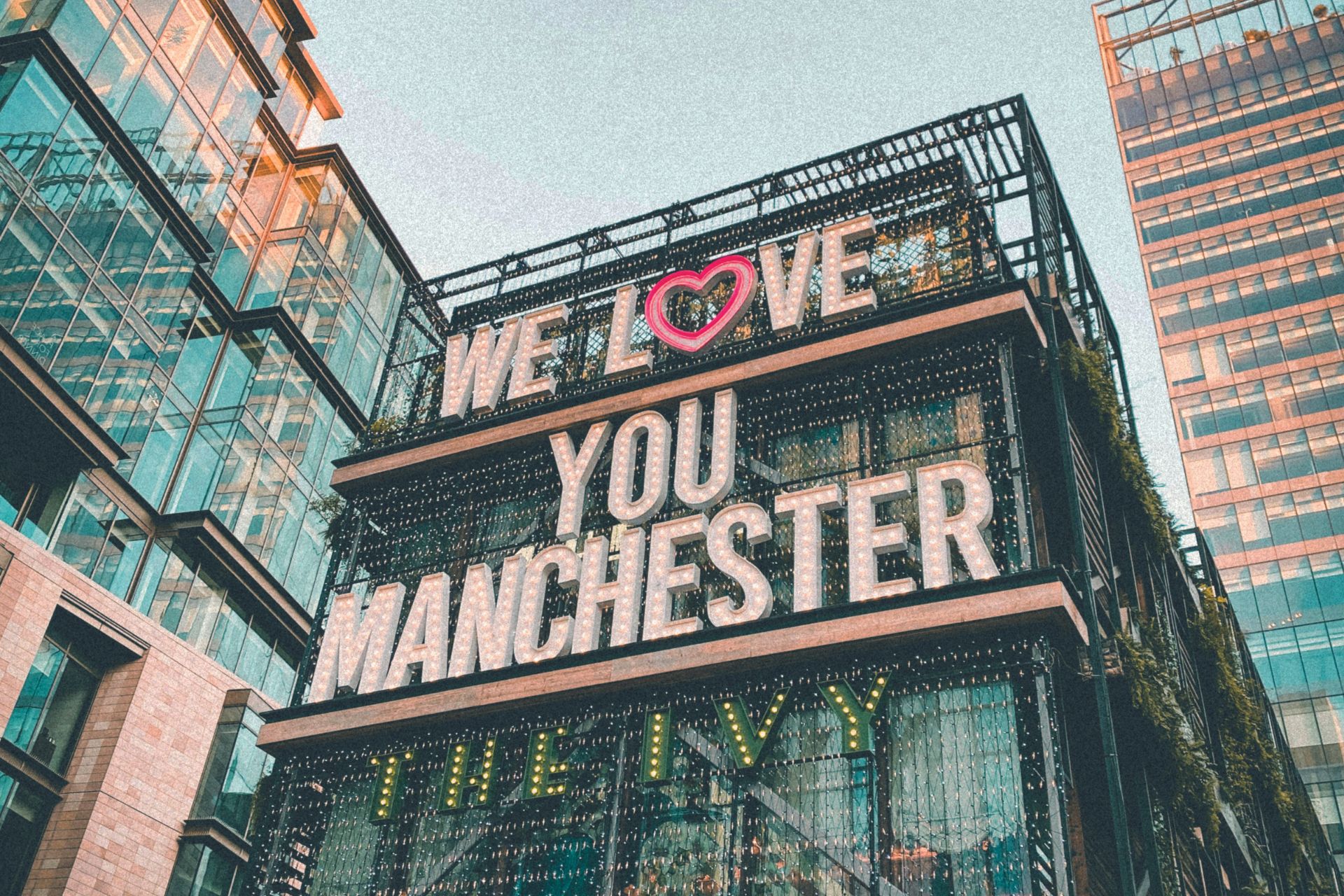
Manchester has its own financial quarter, Spinningfields, a former garment district, which developed during the late nineties and is now home to around 40 percent of the city’soffices, along with high-end fashion brands including Mulberry. Meanwhile, Media City, in the redeveloped Salford Quays to the west of the centre, houses the BBC, ITV and production companies. From here, it’s an easy walk to Deansgate, the Chelsea of Manchester, a strip of Victorian shopping arcades and luxury apartments stretching from Manchester Cathedral to the 47-storey Beetham Tower. The new W Residences have added further cachet to the area, as will Soho House when it opens this summer. For edgier bars, shops and hotels there’s the Northern Quarter, or ‘NQ’, and NOMA, two regenerated Victorian districts with independent record shops and some of the city’s liveliest nightlife.
‘Manchester’s skyline has changed beyond recognition – it has some of the tallest developments outside London,’ Baljit explains. Critics include Eamonn Canniffe, who co-authored a report into Manchester’s new skyline by campaign group Save Britain’s Heritage. He believes
the towers are out of keeping with Victorian Manchester, with planners giving in too easily to the demands of developers. Meanwhile, it’s unclear how much of a success the Media City project has been, with anecdotal reports of empty lots and producers still favouring London studios. Yet the city is only as clunky and experimental as it was at the start of the industrial revolution when its mills began to spring up, Baljit argues. ‘It works from a young professional’s perspective; you can live and work in the centre in a way that would be unaffordable in London.’
Or at least you can for the time being. Rents are rising – by 50 percent in three years – although city centre apartments still cost around half the price of the equivalent in central London: around £300,000 for an apartment in Deansgate or £425,000 for a three-bedroom townhouse in the trendy neighbourhood of Ancoats, just outside the centre. Families looking to move to the suburbs, however, already face prices in line with those of the capital. In Didsbury and Chorlton, detached four-bedroom houses cost more than £1.2 million, while in sought after commuter villages such as Alderley Edge, Hale and Bowdon, prices are some of the most expensive outside London with the largest houses costing between £5 and 7 million.
Baljit believes that prices will only strengthen as Manchester’s economy continues to flourish and more workers make the move from the capital. ‘It feels exciting: there are so many new tech companies and banks moving in as well as a lot of influencers,’ he says. ‘It doesn’t feel like a second city; it feels like a global player.’

